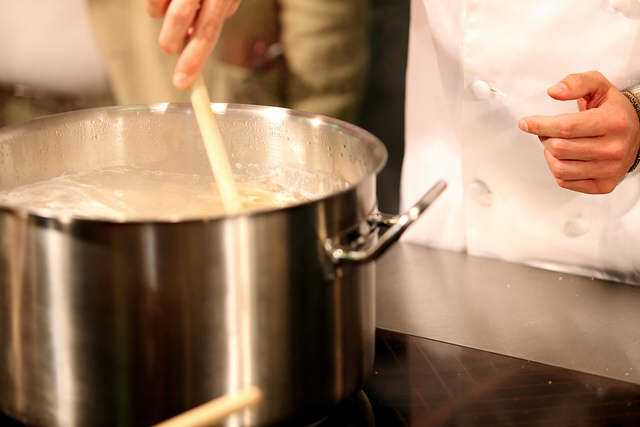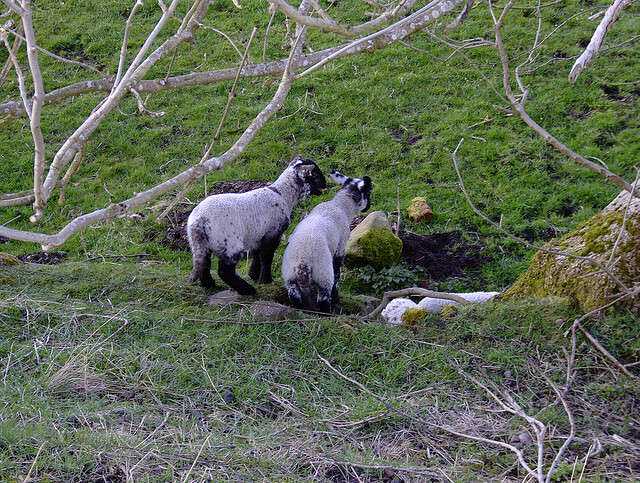
The taste depends on the action of substances on certain particularly sensitive organs in our body. If the particles of one substance cannot move freely, we can feel their taste. Therefore we feel the taste of only those substances that are in the opened- state. The pig has about 5,500 cusps of taste, cows have about 35,000 and antelope around 50,000. The man does not have a very sensitive sense of taste. There are only about 3,000 cusps of taste!
Animals that live in the water have a taste for lumps all over their bodies. Fish can feel the taste of its caudal fin! Animals that live on land have a taste for lumps placed in the mouth, and man can only find these bumps on the tongue.
If you look at your tongue in the mirror, you will see that it is covered with small, wart-like protuberances, nodules. In the walls of these nodules is located sense of taste.
Lumps of taste in human tongue are distributed in different areas, and each is sensitive to only one type of taste. The last part of the tongue is sensitive to bitter, lateral parts to the sour and salty, and the tip of the tongue feel sweet. In the central part of the language is an area in which there are no lumps at all and it cannot feel any taste!
Smell is an important participant in our sense of taste. At least half of what we consider as taste is not the taste but the smell! This is the case when we taste coffee, tea, wine, apples, oranges and lemons. For example, when you drink coffee, you’ll feel the heat, then the bitterness that comes from acid and roasting coffee, and then sweet, if sugared coffee. But only when the hot vapor, which is released from the coffee, gets in our nose and throat and send message to the brain, we really feel the “taste” of coffee. Here’s proof: if you close your nose clamp, not only you will not be able to “feel the taste” coffee, but you can’t even feel the difference between two completely different foods that you eat or drink!



